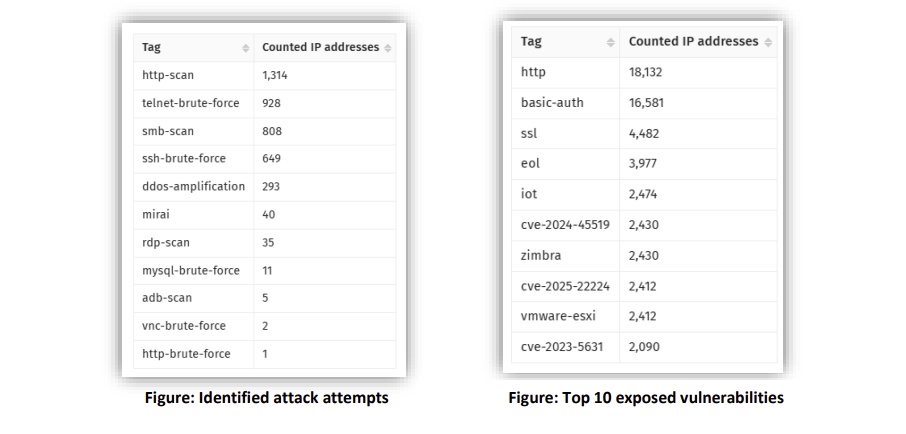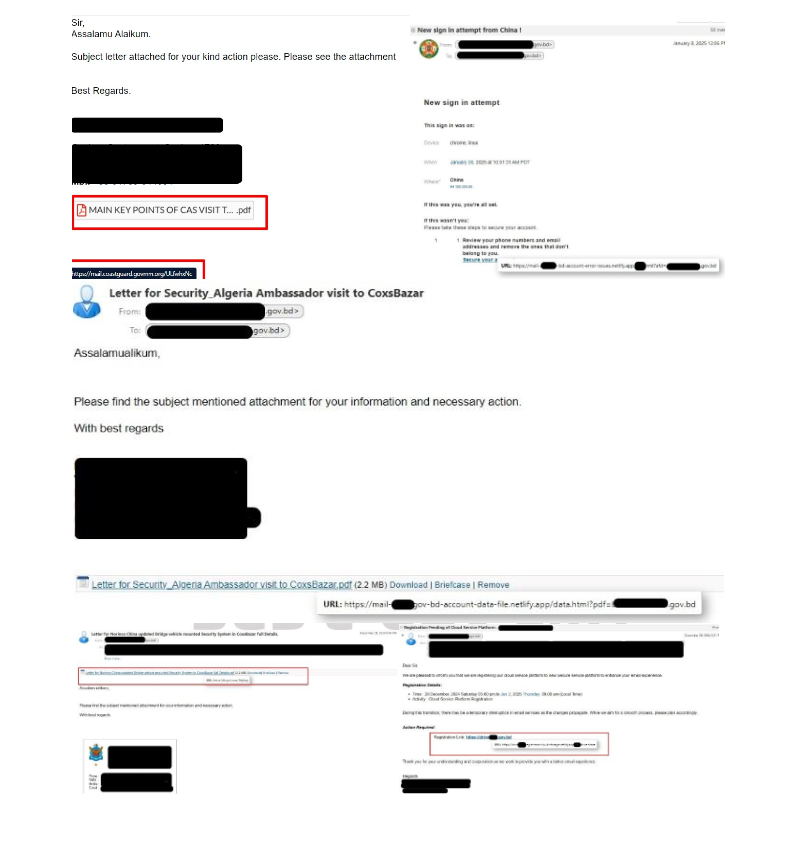A Vulnerability in Microsoft Windows JET Database Engine Could Allow for Arbitrary Code Execution
by CIRT Team
DESCRIPTION:
A vulnerability has been discovered in Microsoft Windows JET Database
Engine that could allow for arbitrary code execution. Microsoft Windows
JET Database Engine provides data access to various applications such as
Microsoft Access, Microsoft Visual Basic, and third-party applications.
Successful exploitation of this vulnerability could result in arbitrary
code execution within the context of the application, an attacker
gaining the same privileges as the logged-on user, or the bypassing of
security restrictions. Depending on the permission associated with the
application running the exploit, an attacker could then install
programs; view, change, or delete data.
IMPACT:
A vulnerability has been discovered in Microsoft Windows JET Database
Engine that could allow for arbitrary code execution. This vulnerability
can be exploited remotely if an attacker locates a vulnerable system.
Microsoft Windows JET Database Engine is prone to a memory-corruption
vulnerability because it fails to properly validate user-supplied data.
An attacker can exploit this issue by enticing a victim to open
specially crafted file or visit a specially crafted web page. An
attacker can exploit this issue to execute arbitrary code in the context
of the current process. Successful exploitation of this vulnerability
could result in arbitrary code execution within the context of the
application, an attacker gaining the same privileges as the logged-on
user, or the bypassing of security restrictions. Depending on the
permission associated with the application running the exploit, an
attacker could then install programs; view, change, or delete data.
SYSTEM AFFECTED:
* Microsoft Windows
RECOMMENDATIONS:
We recommend the following actions be taken:
* Run all software as a non-privileged user (one without administrative
privileges) to diminish the effects of a successful attack.
* Remind users not to visit un-trusted websites or follow links provided
by unknown or un-trusted sources.
* Inform and educate users regarding the threats posed by hypertext
links contained in emails or attachments especially from un-trusted sources.
* Apply the Principle of Least Privilege to all systems and services.
REFERENCES:
https://cve.mitre.org/cgi-bin/cvename.cgi?name=CVE-2017-8717
https://www.zerodayinitiative.com/advisories/ZDI-21-594/











